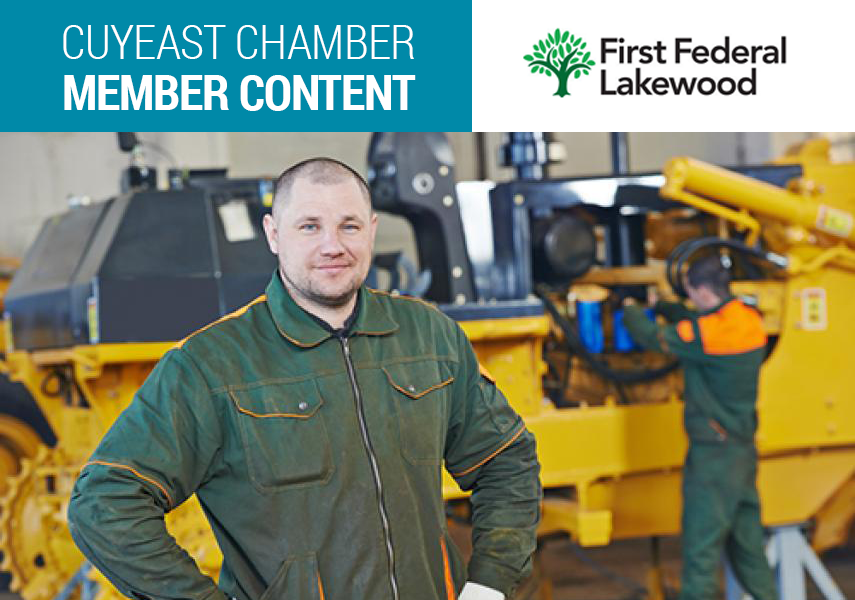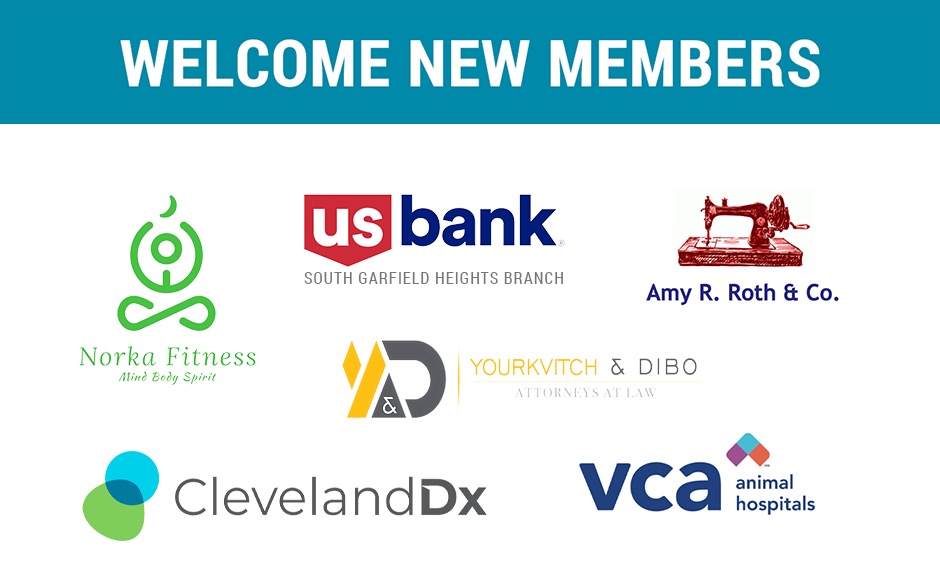Lease or Buy Equipment?

To lease or buy equipment: It can be a puzzling question for a startup or existing business. The answer, primarily, depends on your current and long-term needs and financial situation. It is not just about the monthly payment. You need to factor in maintenance, flexibility, tax deductions, and other issues.
Here’s a breakdown of the pros and cons of both leasing equipment and purchasing equipment.
- Do you need to update your equipment on a regular basis? This may be especially true if your company is technology driven. Leasing means you do not get left with outdated equipment taking up space, requiring maintenance, or needing insurance coverage.
- Is money tight? Leasing requires less money up front than purchasing. You know how much you will need to pay each month, an amount that is usually affordable. This makes it easier to budget than if you spend a large sum at once to buy the machinery.You can afford to invest in something new because you know it is for just a limited time, and the payments are affordable.
- Are you looking for tax deductions? The lease payments are tax deductible, as it is considered an operational expense by the IRS.
- Do you not want to worry about maintenance costs? Many maintenance costs get handled by the leasing company. This is true if the problem is due to normal wear and tear or if it just breaks down.
• You pay more overall than if you bought the machinery and paid for it in one lump sum.
• You have no equity in your equipment. You cannot sell it to get some of your investment back.
• You need to pay for the entire term of the lease, even if you are no longer using the equipment. That means wasted money on lease payments, plus you have to house the equipment.
• You might have trouble convincing the lease company that a maintenance cost is their problem, not yours.
• You own it, so it is an asset you can sell.
• You can modify the equipment any way you choose.
• Since you are responsible for maintaining it, you can repair it immediately, not waiting for the lease company to do it.
• There are certain tax incentives in Section 179 of the tax code that apply to buying equipment that can lower your tax bill.
• Buying is straightforward, unencumbered by contracts and agreements.
• It costs more upfront. This may delay your decision to purchase, costing your business chances to make money. The upfront payment may deplete your cash supply.
• You buy it and are stuck with it. Meanwhile, technology keeps advancing. You cannot afford all the latest and greatest when you buy because it just costs too much.
• You pay for all maintenance.
Investing in major equipment for your business keeps it relevant in the marketplace. However, the costs can be formidable. Be sure to research what equipment you need and the most cost-effective way to get it, whether that is leasing or purchasing. Take into account maintenance and taxes, as well as the cash involved.
This article was curated for the CuyEast Chamber audience and originally published by chamber member First Federal Lakewood. Want your content published? Visit: cuyahogaeastchamber.org/publish/
Share This Story, Choose Your Platform!
Other CuyEast News
If you enjoyed reading this, then please explore our other articles below:
New Members Join the CuyEast Chamber!
The Cuyahoga East Chamber of Commerce is excited to welcome six new members invested in business advocacy and more [...]
Welcome Angela Hanna to the Warrensville Heights Business Leadership Council!
We welcome Angela Hanna, RVT, Marketing and Referral Manager at Great Lakes Veterinary Specialists in Warrensville Heights, OH, as [...]
New CuyEast Chamber Memeber Norka Fitness & Nutrition Ribbon-Cutting!
Congratulations to Norka Fitness & Nutrition on its Grand Opening and Ribbon Cutting! New CuyEast Member Norka Fitness & Nutrition [...]
“Targeted Ads Boost Small Businesses” – I’m Experimenting with AI series
Welcome back to my series, "I'm Experimenting with AI – Give Me 25 Overlooked Ways to Grow Your Small Business." [...]



